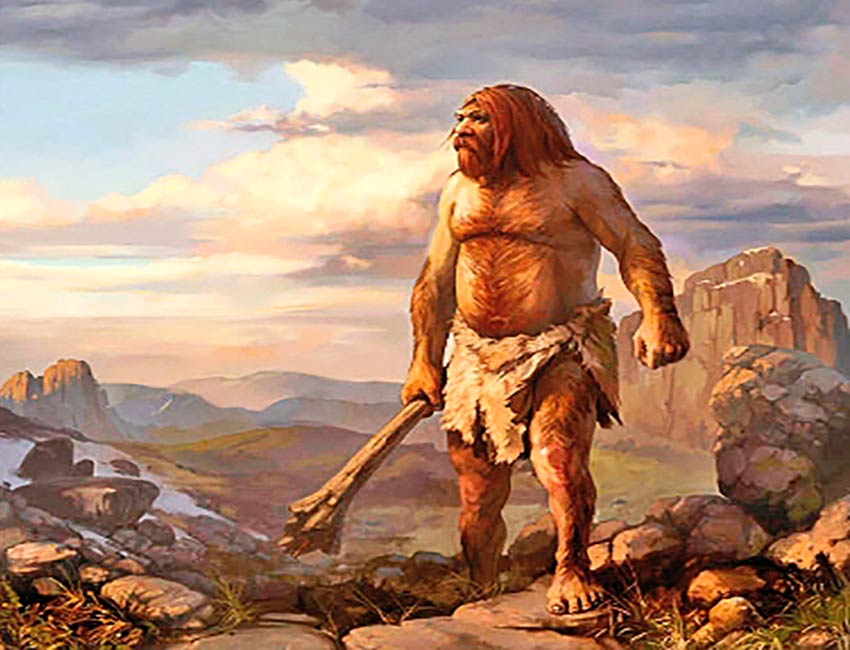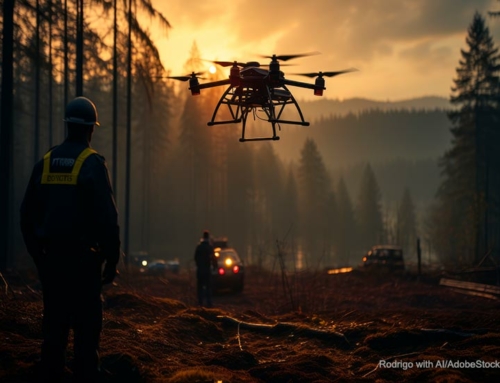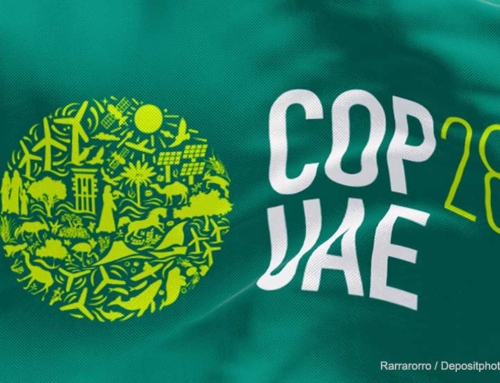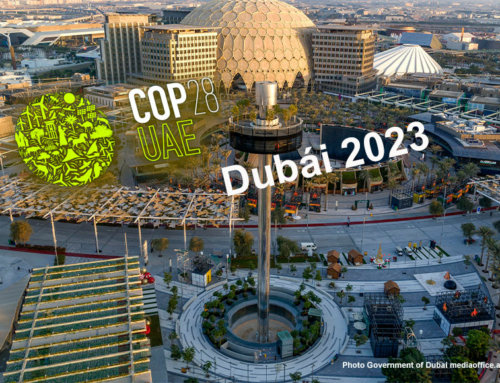I have been thinking for some time that we must return to the nature philosophy, the first philosophy, in order to give a metaphysical explanation to the destruction of the Earth by the “antiplanets”, those Homo sapiens who, for different reasons and actions, they dedicate themselves to compromising, consciously or unconsciously, the future of life on the planet.
While it is true that most sciences had their starting point originated in Athenian philosophy, it is also that they soon separated from it and increasingly specialized and were acquiring a methodology characterized by scientific rigor, attached more than sometimes the observation, experimentation and deduction of the real fact, based on the physical, the opposite of metaphysics.
“In chemistry the existence of matter is assumed and in biology the existence of life, but neither of the two sciences defines matter or life, only metaphysics provides these basic definitions”. In that order of ideas, we propose the question: what is the determination of the Antiplanet? Beyond the obvious, which is to take advantage of hydrocarbons, wood or oil palm, we must delve into the background of his work.
In the destruction of the forests, waters, airs and soils of the Earth, ecology, like the other sciences, assumes these facts but does not define them from a philosophical point of view either. He is not interested in the metaphysical aspect of deforestation but in the reality, it represents, just to mention an example. The question: what does all this mean? Is not asked. Nor does it address the purpose or role of the Antiplanet, which knowingly or not works against life, continues with its action. It takes another kind of wisdom, another kind of love, to find out these answers.
Nature has a mechanism that is responsible for restoring balance when one of its actors is ahead of the others and begins to occupy more spaces than the nature assigns, and obviously does so at the expense of the other actors. Humans have practically no predators. Is that the role of Antiplaneta?
Homo sapiens was ahead of the other species in an unprecedented, unfair and asymmetric way never seen on Earth. We beat all the species and we believe ourselves invincible. We created a huge imbalance that began to be denounced since the 1950s. At that time some scientists saw the issue clearly and rang the alarms. They called it “the time of great acceleration.” In the 1970s they went further and detected “the era of hyper acceleration”, calling these trends “unsustainable.”
In 1972, because of these warnings, at the initiative of Sweden, together with the UN, the “First Earth Summit” was held. From this conference came “The Stockholm Declaration”, comparable with the “Declaration of Human Rights”, aimed at the normalization of human relations with the environment. The document consists of seven proclamations and 26 principles that warn “the need for a common criterion and principles that offer the peoples of the world inspiration and guidance to preserve and improve the human environment.”
Those beautiful postulates soon forgot, and the destruction of the planet continued throughout the world. For a better example, there is the hostile deforestation of Borneo, which began precisely in the mid-1970s, after Stockholm. The Borneo rainforest became a dry place. Before, combustion was impossible, now thousands of fires are accounted for per year.
Between 2009 and 2015, the Stockholm Resilience Center drew up a list with nine global limits, which would be extremely dangerous to transfer, which has already occurred in the case of four of them, according to a report by UNESCO.
The Anthropocene, the epoch of humans, is the name that some scientists want to assign to our era. This name has not yet been accepted by geologists, who claim that it still does not comply with the traditional nomenclature of stratigraphy to be defined as a new geological epoch.
The truth is that none of these alarms, spaced in seven long decades, they were heard. The opportunity to stop the risks reported in the 1950s was lost. Science and metaphysics were very little that could influence the cessation of environmental damage.
Already in these times, at the gates of 2022, when the Stockholm Declaration reaches its 70th year and the Rio Summit at 50, “Second Earth Summit”, the imbalance has accelerated much more, becoming increasingly difficult to tackle. The reason is that the Antiplanet has reborn at several points on Earth and is more empowered than ever.
This imbalance, in case it overflowed, that is, became uncontrollable, would lead to an apocalyptic ending with the Antiplanet as its provocative agent, but that would also eventually succumb and make our entire species succumb, taking with it most of the other species, especially higher ones, as has been happening for a long time with the huge decline of vertebrates population.
It would be then when nature would prevail, once again, but at a very high cost for the life we know. But this would not affect his economy, because nature has enough time and resources to move from chaos to order, according to his laws. Thus, it would create new forms of life or redo the old ones from the survivors that would have remained behind the great chaos. It’s your way of restoring balance on a planet born to house life.
There is not much time left. Time is also a resource that runs out quickly. Of course, we talk about our time, the time of Homo sapiens on Earth. There is still some space left to avoid the apocalypse, but there is much we must do. Large crowds should be incorporated into the fight against climate change, especially children, adolescents and young people, who after all are the most interested in climate disaster not knocking on their doors. The oldest born in this millennium is only 19 years old, the youngest has just been born at the end of writing this paragraph.
We must return to philosophy, to “love of wisdom”. It is necessary to exercise the thought, for something we are Homo sapiens, the homos that we think. If we disappear, we will not honor the name of our species.
Sandor A. Gerendas-Kiss







Leave A Comment